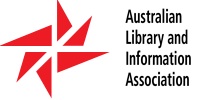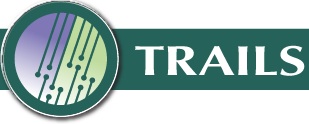Information Literacy
Statement on Information Literacy for all Australians
This statement from the Australian Library & Information Assoc (ALIA) describes information as a 'basic human right in a digital world and promotes social inclusion within a range of cultural contexts'. Also links to associated national and internation statements.
SLIM Toolkit
A toolkit and handbook for tracking and assessing Student Learning Outcomes of guided inquiry through the school library by Ross J. Todd, Carol C. Kuhlthau and Jannica E. Heinström (2005). It consists of four instruments that elicit students’ reflections on their learning at three points in their inquiry process. The toolkit will enable collaborating school librarian – teacher teams to chart changes in students’ knowledge and experiences throughout the process.
TRAILS
Tools for Real-time Assessment of Information Literacy Skills (TRAILS) is a knowledge assessment with multiple-choice questions targeting a variety of information literacy skills based on 3rd, 6th, 9th, and 12th grade standards.This is a free, web-based assessment system that has been used extensively for a number of years.
Internet Detective
An ideal resource to instruct junior students in website evaluation and the identification of true and false online resources. Includes hoax websites and the QUICK evaluation tool.
Information Literacy - Mark Treadwell
Variety of resources to clarify the research process, authenticate websites and develop discerning behaviour when working online.
RADCAB - Information evaluation
A simple step-through tool for use in evaluating a websitewith. Supported by accompanying rubric.
